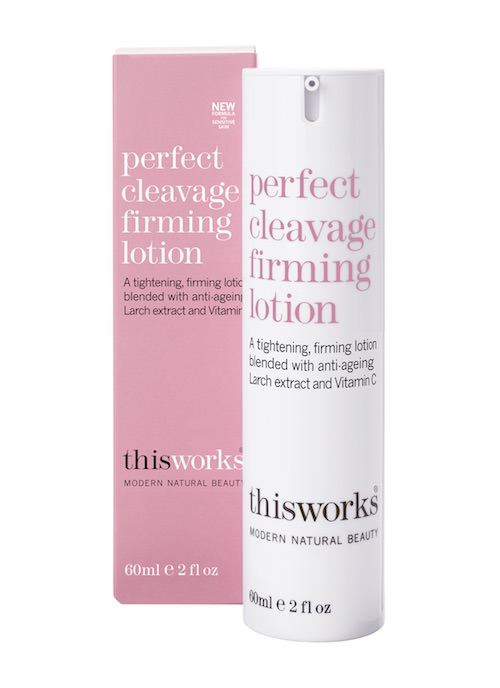New drug anastrozole halves breast cancer occurrence in high-risk women
Doctors, scientists and breast cancer specialists are lobbying for the National Institute for Health and Care Excellence (NICE) to include the drug anastrozole as a cheaper and significantly more effective alternative to tamoxifen and raloxifene, the preventative drugs currently offered to women at a high risk of developing breast cancer.
A report entitled the Ibis-II trial was published on 12 December 2013 in The Lancet medical journal, and revealed the results of a four-year study, funded in part by Cancer Research UK and led by Queen Mary University of London. In the landmark worldwide trial, 3,864 post-menopausal women deemed to be at a higher risk of developing cancer were given either 1mg of anastrozole per day or a placebo. Over the next five years, 85 of the women taking the placebo went on to develop cancer, compared to only 40 of the women who had been taking anastrozole. This translates to an impressive 53% reduction in cases, which is a figure the medical society simply can’t afford to ignore.
‘Anastrozole effectively reduces incidence of breast cancer in high-risk postmenopausal women,’ is the interpretation offered by Ibis-II. ‘This finding, along with the fact that most of the side-effects associated with oestrogen deprivation were not attributable to treatment, provides support for the use of anastrozole in postmenopausal women at high risk of breast cancer.’
Indeed not only was the drug clearly effective in its numerical results, but it also appeared to cause far less unpleasant side effects typical of tamoxifen or raloxifene, such as acute pain, deep vein thrombosis, hot flushes and an elevated risk of further cancers developing in the womb.
The third and significant reason to consider the use of anastrozole is its relatively low price due to being out of patent. Five years of treatment using anastrozole would cost just £137. Tamoxifen is also considered inexpensive, as it is also out of patent, yet still costs slightly more at £157 for the same number of years.
‘This is a very significant and very important finding,’ Professor Montserrat Garcia-Closas, from London’s Institute of Cancer Research told the BBC. ‘The question now is, will it reduce mortality? That will require longer term studies. But it adds very important evidence for recommending the drug as an alternative to tamoxifen. We now need to identify those women at highest risk who will benefit the most from this treatment.’
Anastrozole is already used as an active treatment for breast cancer and it works by inhibiting the hormone oestrogen, which is a significant cause of many breast cancers. It is important to note that anastrozole would only work effectively in post-menopausal women because it cannot prevent the ovaries producing oestrogen. Tamoxifen works both before and after the menopause.
Anastrozole is not yet available on the NHS and it is likely to take NICE several years to introduce it into the mainstream. NICE’s most recent recommendation for high-risk women over the age of 35 to be offered either tamoxifen or raloxifene came in 2013, and affected approximately half a million people. Now Cancer Research UK estimates that at least 240,000 of the 500,000 would be suitable for taking anastrozole instead.
‘We will certainly consider this research – along with all other available evidence – when the NICE guideline on familial breast cancer is next updated,’ assured NICE spokesman, Professor Mark Baker.
Latest Cream Review
Browse Categories
Most popular
Dr. Organic Moroccan Argan Oil Breast Firming Cream Review
Dr. Ceuticals Bust Boost Review
UK beaches uncovered: The topless top five
Palmer’s Cocoa Butter Bust Cream Review
The politics of breasts: Know your rights
Strapless, backless or plunging – bra solutions for every dress dilemma
Nutrition and lifestyle for breast cancer prevention


